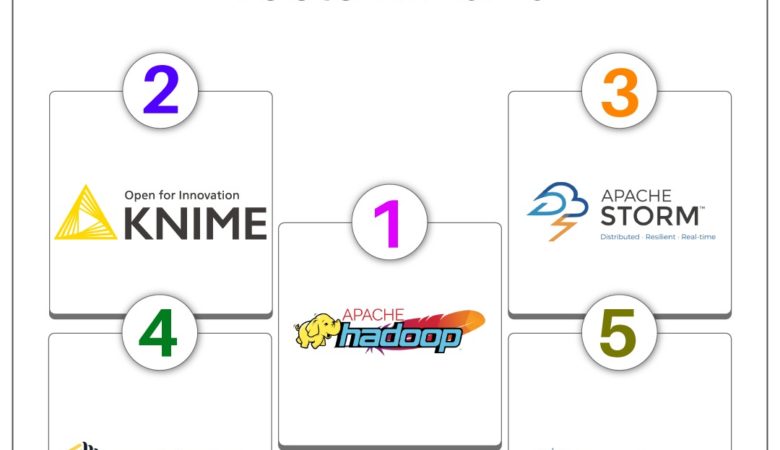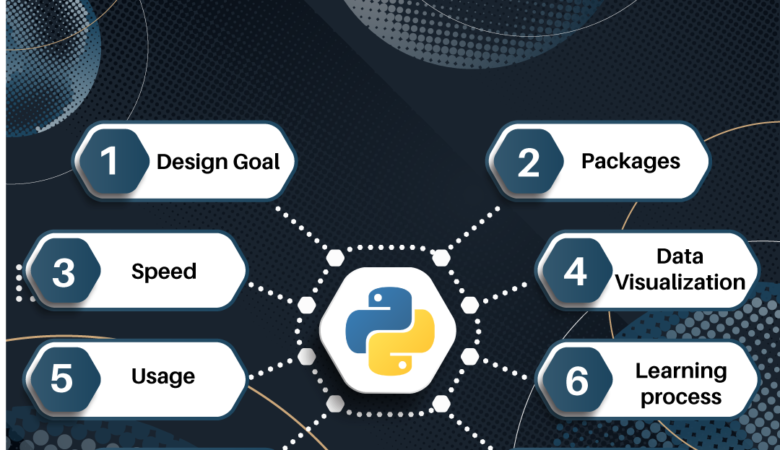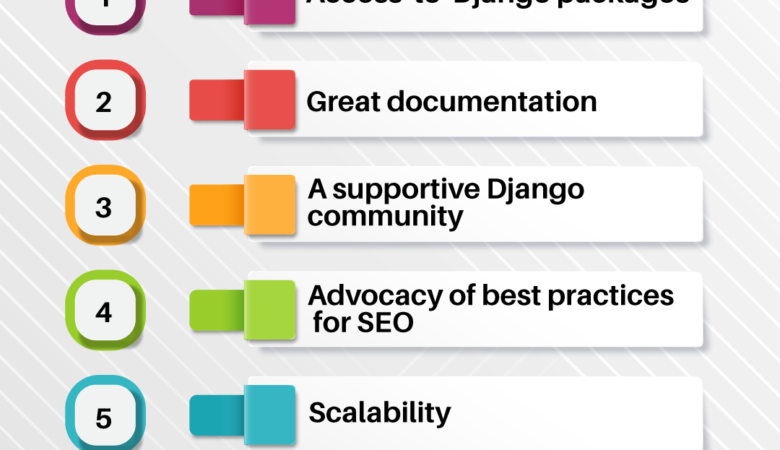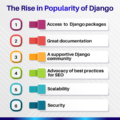We present useful tips, skills, and suggestions on how to become a full-stack Java developer. Things to learn, and the area in which one can work to become a professional Java developer. These tips will make you better and help acquire the programming and coding skills that form the foundation of a Java developer. It is also necessary to be good at essentials like Coding, Networking, Data Structures and Algorithms, Protocols, and Object-oriented programming.
These tips are beneficial for Core Java Developers, who write server-side applications and Java Web Developers who primarily write web applications using Java technology. This will help you to distinguish yourself from other fellow programmers and for boosting your performance

1. Software Design and Architecture
It is an important phase of the software development process. Seeing the big picture and thinking through the problem and deciding on the right architecture and technology stack for implementing in your app.
Architecture is the finest course for all categories of developers and can expand your thinking process and boost confidence.
2. Micro-Services
Architecture is presently undergoing a change and many companies are moving to micro-services from monolithic applications. This is the best time for Java developers to learn Micro-service architecture and to create these services in Java to benefit from the recent developments. Additionally, there is a Spring framework providing Spring Cloud and Spring Boot for simplifying microservice development in Java. For the book lovers Cloud Native Java by Josh Long, serves as a comprehensive guide.
3. DevOps Tools (Jenkins/Docker)
The thorough knowledge of DevOps is important for a Java developer, along with a familiarity with continuous integration and deployment and the ways in which Jenkins is of help in achieving it. It is also important for senior Java developers who are responsible to set coding best practices and in creating environments, building scripts, as well as guidelines. Learning more about DevOps in general and Docker, Ansible, Kubernetes, AWS, is also important. Read books like The Phoenix Project and Helping Your Business Win that deals with how DevOps and automation have a big role to play in this field.
4. Spring Framework (Spring Boot)
These days it is important for a Java developer to learn Spring framework because many companies take the development route by using Spring frameworks like Spring MVC, Spring Cloud, and Spring Boot, to develop a web application. It promotes best practices and makes an application more testable which is the major requirement in software today.
5. JUnit and Mockito
The unit testing skill is vital for being a good Java developer. Such professionals always write unit tests for their code and their talent is visible from their code and tests. Testing today happens with many tools for:
- Unit testing,
- Integration testing,
- Automation testing
JUnit is a fine library to start for the entrants. The recent version JUnit 5 is powerful and flexible and all Java developers should know it.

6. Learn APIs and Libraries
A good Java developer has an overall knowledge of the Java Ecosystem and APIs. Java is a popular and mature programming language and several libraries and APIs are available to do almost everything. People interested in progress here should be familiar with major APIs like JSON processing APIs (Jackson and Gson), XML processing APIs (JAXB and Xerces), Unit testing libraries (Mockito and JUnit). Developer must also be thorough in the areas of parsing, byte-code concurrency, manipulation, and collections.
7. JVM Internals
Learning the JVM internals covering the different parts of JVM, their working, JIT, JVM options, and Garbage collections is important. Knowing JVM will help in writing a robust and high-performance Java application. They need to learn how to profile their Java application, ways of finding performance bottlenecks, the objects taking most of the memories, and eating CPUs.
8. Design Patterns
Writing the Java application from scratch involves writing object-oriented code where the design patterns are tested as a solution to the common problems. Knowing and incorporating them into a code helps in making your application flexible and easy to change in as per the demands of the future. It improves overall code quality plus the documentation is impacted as the other Java developers are familiar with design patterns and understand the solution quickly. It also requires creativity.
9. Kotlin
For the Java developers learning a new JVM language makes a great difference. We suggest Learning Kotlin because it is a great language from JetBrains. It improves your productivity and helps to go into the Android development domain. All the Java development jobs presently need Java 8+ skills and having them make it easy to do well and face the Java interviews efficiently.
To end we can say that it is a long and arduous journey that requires relevant and rich knowledge and some experience. It can be mastered with a careful approach.








Leave a Reply